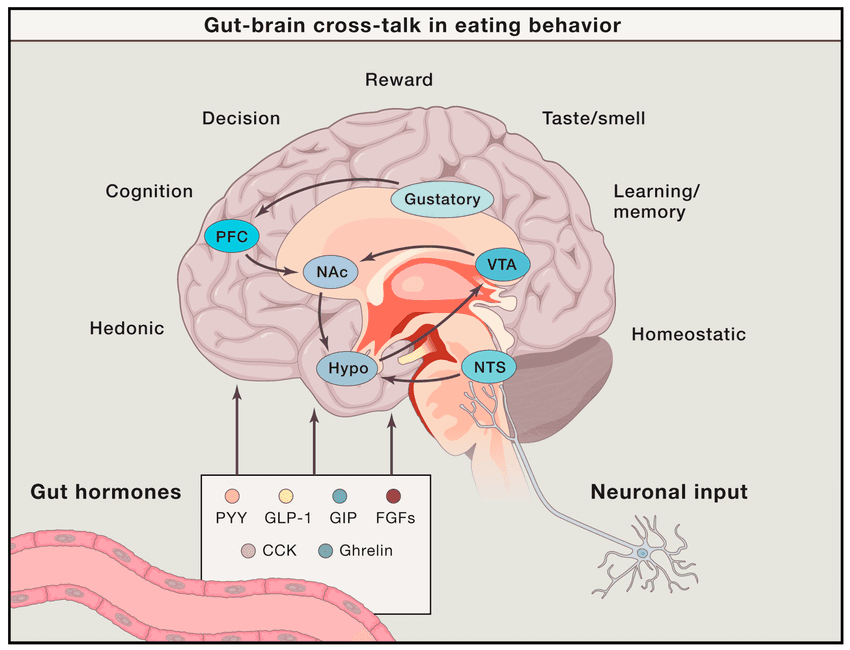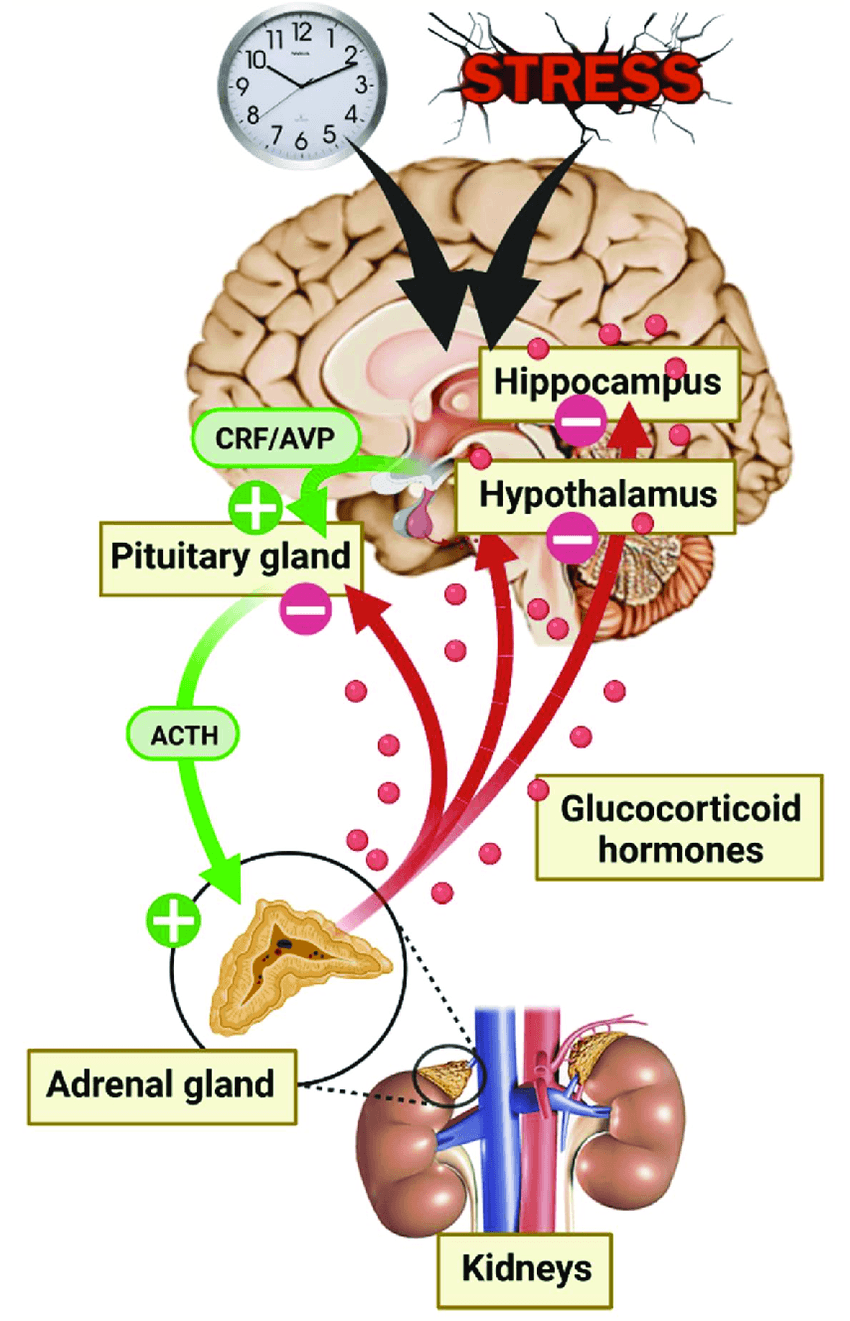The Intricate Dance: How Hormones Influence Mental Health and Well-being
The relationship between hormones and mental health is a complex and fascinating area of study. Hormones, often referred to as the bodys chemical messengers, play a crucial role not just in physical health, but also in emotional well-being and cognitive function. This article explores the intricate connections between our endocrine system and our mental state.
The Hormone-Brain Connection
Hormones interact with the brain in multiple ways, influencing neurotransmitter function, neural plasticity, and even brain structure. This bidirectional relationship means that hormonal imbalances can lead to mental health issues, and conversely, mental health problems can sometimes disrupt hormonal balance.

Key Hormones Affecting Mental Health
- Cortisol: The stress hormone that can impact anxiety and depression
- Thyroid hormones: Imbalances can lead to mood disorders
- Sex hormones (Estrogen, Progesterone, Testosterone): Influence mood, cognition, and behavior
- Serotonin: Often called the "happy hormone," it regulates mood and social behavior
- Oxytocin: Known as the "love hormone," it affects social bonding and trust
Hormonal Imbalances and Mood Disorders
Hormonal imbalances can significantly impact mood and cognitive function. For instance, an overactive or underactive thyroid can lead to symptoms of depression or anxiety. Similarly, fluctuations in estrogen and progesterone levels during the menstrual cycle, pregnancy, and menopause can contribute to mood swings and even premenstrual dysphoric disorder (PMDD).
Stress and the HPA Axis
The hypothalamic-pituitary-adrenal (HPA) axis plays a crucial role in our stress response. Chronic stress can lead to dysregulation of this axis, resulting in consistently elevated cortisol levels. This can contribute to anxiety, depression, and other mental health issues.

Hormones and Cognitive Function
Hormones do not just affect mood; they also play a significant role in cognitive function. Estrogen, for example, has been shown to influence memory and learning. Thyroid hormones are crucial for brain development and function throughout life. Understanding these connections can help in addressing cognitive issues related to hormonal imbalances.
The Role of Hormones in Sleep and Mental Health
Hormones like melatonin and cortisol regulate our sleep-wake cycle. Disruptions in this cycle can lead to sleep disorders, which are closely linked to mental health issues. Addressing hormonal imbalances can sometimes help in managing both sleep problems and related mental health concerns.
Hormonal Treatments for Mental Health
In some cases, hormone therapy may be used to address mental health issues. For example, thyroid hormone replacement can significantly improve mood in people with hypothyroidism. However, it is crucial to note that hormonal treatments should always be prescribed and monitored by healthcare professionals.
Lifestyle Factors Affecting Hormonal Balance and Mental Health
Diet, exercise, stress management, and sleep all play crucial roles in maintaining hormonal balance and mental health. Adopting a healthy lifestyle can often help in managing both hormonal issues and mental health concerns.
Conclusion: A Holistic Approach to Mental Health
Understanding the intricate relationship between hormones and mental health highlights the importance of a holistic approach to mental well-being. By considering both psychological and physiological factors, including hormonal balance, we can develop more comprehensive strategies for maintaining and improving mental health.

